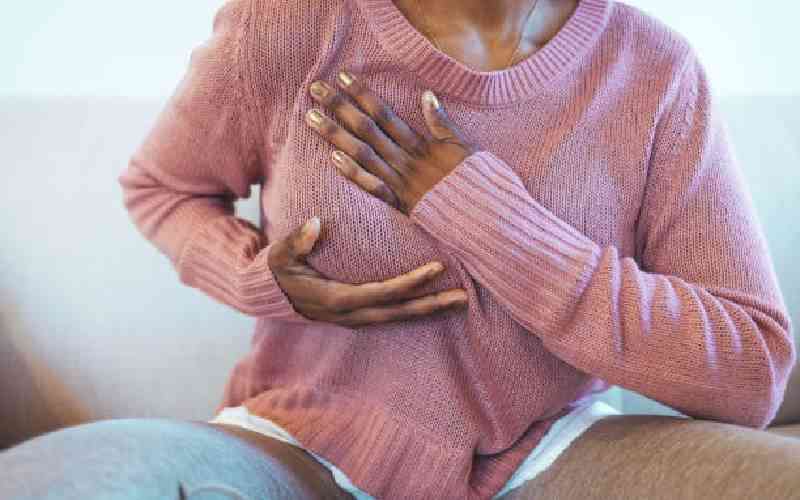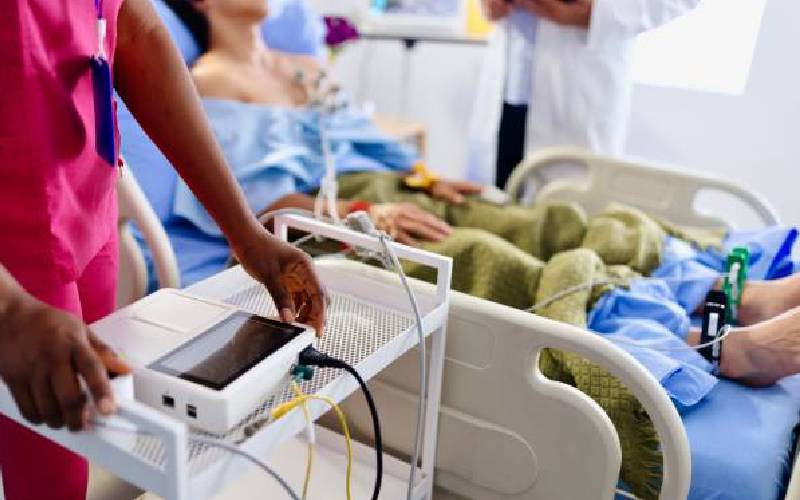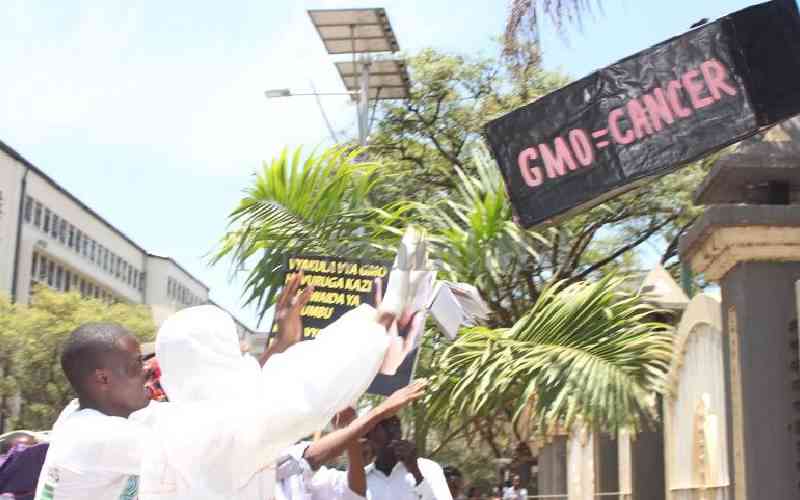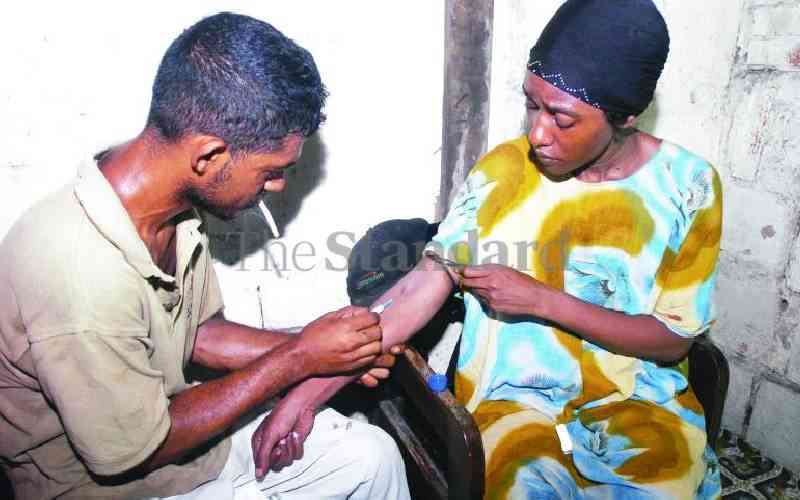
The World Aids Day observed yesterday also marked the fifth year since the US adopted a ‘medicines first’ HIV policy for Kenya and other donor recipient countries.
Titled ‘Dollars to Results’ the policy has led to what doctors are calling over medicalisation of sex through HIV.
The policy overseen by USAid since 2013, champions a model where pharmaceutical commodities represent top priority followed by treatment in which category fall health workers and medical infrastructure.
At the bottom are behaviour change HIV prevention activities, which were anchored on abstention and faithfulness.
The policy has partly been instrumental in doubling the number of Kenyans on antiretrovirals to more than one million in the last five years.
According to the American NGO called AVAC, today about 9,000 Kenyans are on the daily HIV prevention pill initiative called Pre-Exposure Prophylaxis or PrEP.
The US President’s Emergency Plan for AIDS Relief (PEPFAR) alone plans to bring another 5,000 Kenyans into the programme next year.
By 2022, the Ministry of Health targets having 500,000 Kenyans on PrEP at a cost of Sh32 billion.
The US driven PrEP was launched in May by the Ministry of Health alongside a home HIV testing kit.
“Our work has never been so complicated,” says Ms Karen, 43, a sex worker and a peer educator with the Sex Workers Outreach Programme (SWOP) in Nairobi.
SWOP is a project of the National Aids and STI Control Programme (NASCOP) and the University of Manitoba Canada attending to more than 27,000 male and female prostitutes in Nairobi.
“Unlike in the past where a condom was the much you need to report to work, today you prepare as you are going for war,” Karen said at her operational base, a bar along Luthuli Avenue in Nairobi.
Karen explains despite many regrettable but necessary on the job risks, she is HIV-free but on PrEP to be on the safe side.
Every day, she has to swallow a pill for protection against HIV infection.
Free condoms
“Most times you do not know where this job will take you next or when you will go back home,” says Karen.
Consequently, she has to carry her stock of PrEP. “We are strongly counseled that together with PrEP to also use condoms.”
“This is my pack for the weekend,” she discreetly shows a pack of about 50 State-supplied condoms.
Accompanying these are about a dozen GoK-Not-For-Sale Sure Lube lubricants manufactured in France.
“We encourage clients to use lubricates to reduce the risk of condom burst,” explains the mother of six most who are grownups.
She digs deeper into her arsenal and this time she comes out with several project issue HIV test kits.
Through an experimentation project a sex worker is given about five HIV test kits to offer to willing clients before they engage in sex.
In Kenya, the project was first tried in Kisumu with researchers reporting good uptake by clients of the sex workers.
In his report published last year lead investigator Prof Harsha Thirumurthy of University of North Carolina, US said despite a few cases of violence against the women, almost all the prostitutes managed to distribute a kit to their steady sexual partners.
Karen who also has with her some family planning pills has a steady boyfriend who is HIV positive and on antiretroviral. “You meet us at his place you think it is a commercial pharmacy,” says Karen.
“This is what medicalisation of HIV has done to the simple natural act of human sex,” explains Prof Alain Giami of the French National Institute of Health and Medical Research.
In a recent paper on the medicalisation of sex through HIV Prof Giami says what is been seen now is the replacement of behaviour modification with medicalisation of sex especially in developing countries.
“Chemoprevention and treatment, as well as the surgical technique of male circumcision are replacing the sensible act of responsible sex,” says Prof Giami in his study published in the Journal for Sex Research.
“We are very worried about the persisting high rates of new HIV infections, despite our big spend in treatment and medicines,” says Dr Nduku Kilonzo, head of the National Aids Control Council.
At a recent Lancet Commission event in Nairobi, Dr Kilonzo said they are aware of the possible benefits on promoting responsible sex behaviour.
www.rocketscience.co.ke
 The Standard Group Plc is a multi-media organization with investments in media platforms spanning newspaper print
operations, television, radio broadcasting, digital and online services. The Standard Group is recognized as a
leading multi-media house in Kenya with a key influence in matters of national and international interest.
The Standard Group Plc is a multi-media organization with investments in media platforms spanning newspaper print
operations, television, radio broadcasting, digital and online services. The Standard Group is recognized as a
leading multi-media house in Kenya with a key influence in matters of national and international interest.











